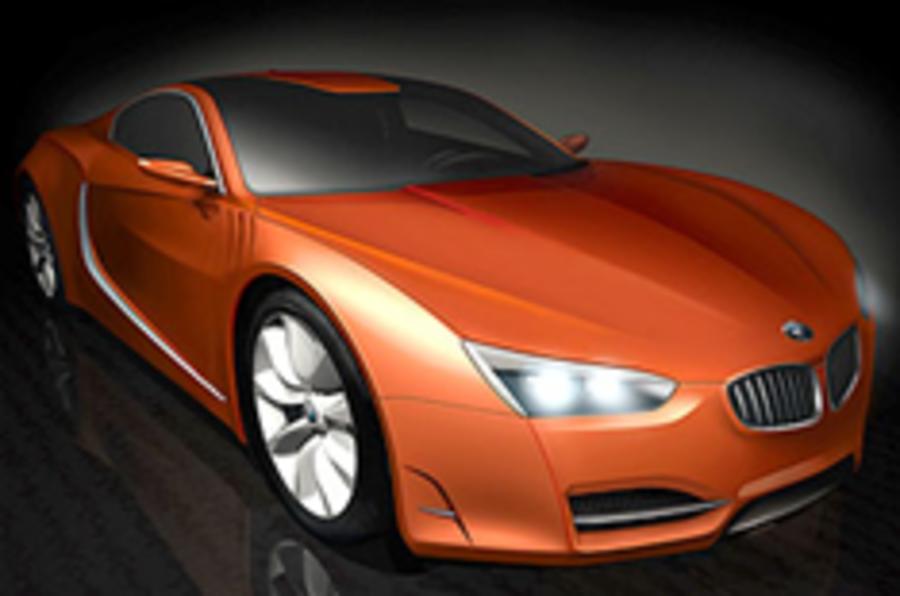Plans for an advanced green BMW supercar, the BMW Z10 ED, have been revealed.
The two-seat BMW Z10 ED, a product of the company’s secretive Technik division, will be BMW’s flagship. It is being developed as a showcase for new drivelines, electronic technologies, body construction and auxiliary components.
The Z10’s ‘ED’ suffix stands for Efficient Dynamics, BMW’s suite of fuel-saving technologies that also cut carbon emissions.
Technology proved on the Z10 will trickle down to volume models in the next decade.
The BMW Z10 ED will be built in limited numbers and sold for around £80,000 in today’s money.
It was originally planned as a one-off concept, but when bosses in Munich abandoned plans for a V10-powered mid-engined rival to the Audi R8 last year, a decision was made to make green technology a primary focus by advancing the Z10 to production.
“The idea is to bring all the very latest technology together in a way that will allow a high level of performance without overburdening the environment in a way that the current crop of supercars do,” said an insider privy to BMW’s plans. “There is no reason why they need to be mutually exclusive when you consider the sort of technology that exists today. It is just a matter of applying it correctly.”
BMW has a history of using its Technik division to bolster the image of its line-up. Previous models to head straight from its workshops to the showroom include the 3-series-based Z1 and, more recently, the E39 M5-based Z8.
Drawing on the carbonfibre construction techniques used on BMW’s one-off Z22 show car, plus the extensive use of aluminium chassis components, the BMW Z10 ED is intended to weigh no more than 1400kg.
Moving on from simple carbonfibre body panels, Munich engineers have patented a process that combines several parts into a single sub-assembly.
BMW is exploring integrated door frames and sill panels for the Z10, a move designed to ensure a low kerb weight and high bodyshell rigidity.
BMW will also use the Z10 ED to highlight its engine downsizing plans. “With recent advances in turbocharging, direct injection and thermal technology, we can now produce petrol engines with a comparatively small swept volume without any drop in performance over our existing powerplants,” a source told Autocar.





Add your comment